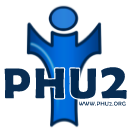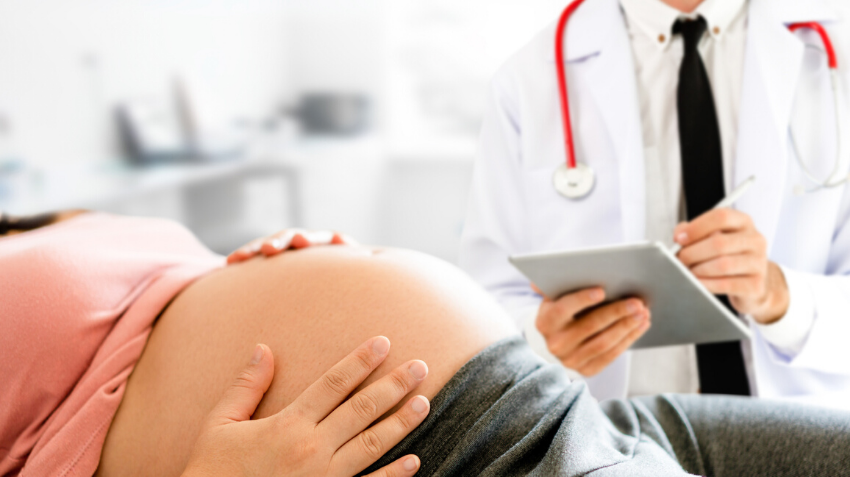Pregnant women
Interim Guidance on breastfeeding for a mother confirmed or under investigation for COVID-19
Q: What is the risk to pregnant women of getting COVID-19? If they become infected, will they be more sick than other people?
A: Pregnant women experience changes in their bodies that may increase their risk of becoming very sick from respiratory viruses. With viruses from the same family as COVID-19, and other viral respiratory infections, such as influenza, women have had a higher risk of developing severe illness. It is always important for pregnant women to protect themselves from illnesses.
Q: How can pregnant women protect themselves from getting COVID-19?
Pregnant women should do the same things as the general public to avoid infection. You can help reduce your chances of contracting and slow the spread of COVID-19 by taking these actions:
- Wear a mask
- Social distance (stay 6 feet apart from others)
- Avoid crowds and poorly ventilated indoor spaces
- Avoid people who are sick
- Clean your hands often using soap and water or alcohol-based hand sanitizer
You can find additional information on preventing COVID-19 disease at CDC’s (Prevention for 2019 Novel Coronavirus).
Q: Can COVID-19 cause problems for a pregnancy?
A: Pregnant women with COVID-19 are at a higher risk for preterm birth and may be at higher risk for adverse pregnancy outcomes. Efforts to increase understanding of the impact of COVID-19 on pregnant women and infants is ongoing.
Transmission during pregnancy or during delivery
Q: Can COVID-19 be passed from a pregnant woman to the fetus or newborn?
A: Most newborns of mothers who had COVID-19 during pregnancy are not infected with COVID-19 when they are born. Some newborns have tested positive for the COVID-19 virus shortly after birth, but it is unknown whether they were infected before, during, or after birth. In the majority of these cases, the infants’ symptoms were nonexistent or mild and the newborns recovered.



